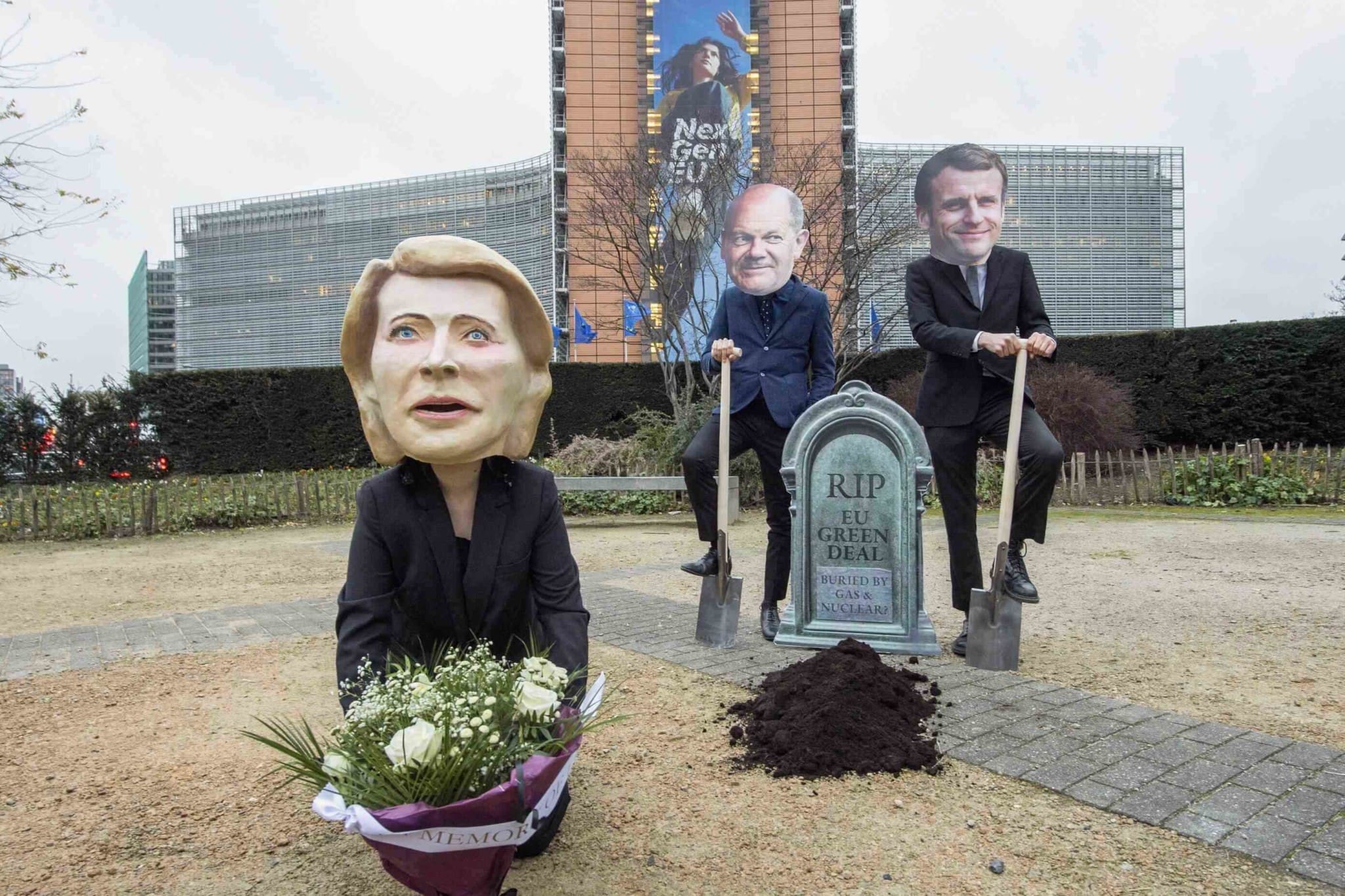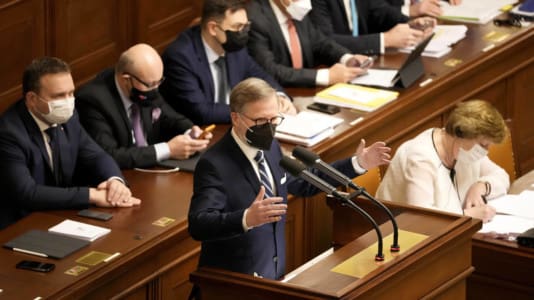The European Commission has handed countries such as France, Poland, Hungary, and Czechia a victory on energy policy by approving the temporary inclusion of nuclear and gas on its list of clean energy sources, it was revealed on Wednesday.
The European Commission went through with the decision despite strong protests from Germany, Luxembourg, and Austria. Notably, Germany has embarked on closing down all of its nuclear power plants, but has since faced down an energy crisis and critically-low natural gas reserves.
The European Commission’s final taxonomy report has undergone several amendments compared to the original proposal at the back end of last year, with the commission removing individual deadlines for the transition to clean gas, leaving only the final year of 2035 when green investment-backed companies will only be permitted to use low-emission gases.
When it comes to nuclear power, the fundamental conditions have not changed and member states will still be expected to take measures to build deep geological repositories for the safe disposal of radioactive waste and spent nuclear fuel by 2050, among other things.
The rules, which aim to persuade private investors to support these resources over the next two decades, have been criticized by some nations. Austria and Luxembourg, for instance, have threatened to file lawsuits over the inclusion of nuclear and natural gas among green resources. On the contrary, Czech Minister of Industry Jozef Síkela did not hesitate in his praise of the final document on taxonomy.
“I welcome the fact that the commission has confirmed nuclear and gas technologies as sustainable,” Síkela wrote on Twitter.
“There are more Czech requirements that the commission has accepted, and I can be satisfied. We have reached the maximum possible and, most importantly, we have a guide for future steps in the field of energy,” he added.






